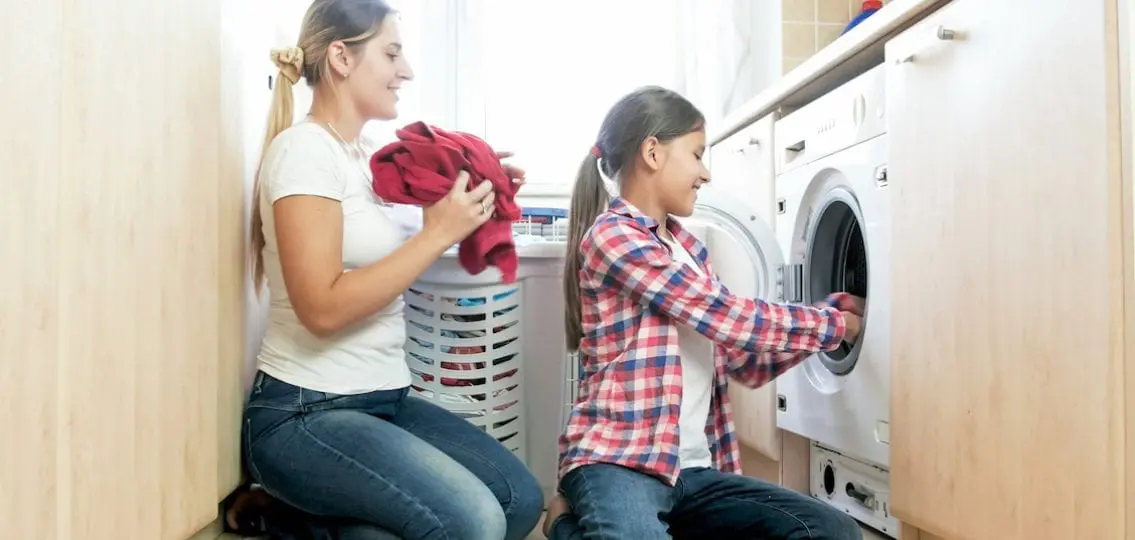My son loves going to the gym at the same time every single day. Because he is under 16, I have to be there during his hour-long workouts, listening to him make noises I’ve never heard.

I love that my son is so invested in his physical fitness. He said goodbye to team sports a few years ago and his new love is lifting weights. But there are times when I have to tell him we can’t live according to his workout schedule, even if he wants to maximize his workout by being at the gym exactly 30 minutes after he’s had his protein shake.
In recent months, my kids have heard me say “No” many times (to them and to other people) without offering a reason.
They’ve also noticed how I’ve stopped doing things for other people that I used to do (whether I was asked or not) and they’ve asked me about the change. It all came about because I realized that I haven’t been following the advice I give my kids: Stay true to yourself.
I’ve told them they shouldn’t bend over backwards for someone else. And they should never feel obligated to say “Yes” when the answer they want to give is “No.”
Learning How to Say No
I want them to say no to going out on Saturday night when they’re feeling exhausted and run down. I want them to say no when they’re asked to go to a dance with someone they don’t want to go with. I especially don’t want them to get into the habit of saying yes and sacrificing their own feelings for the sake of sparing someone else’s.
But how can I tell them that there’s nothing wrong with saying “No” and not live that truth myself? How can I let them watch me say “Yes” when they know I’m compromising myself and my standards? My kids see me say yes just so I don’t hurt someone’s feelings or have to deal with any negativity. But what am I teaching them when I agree to something that ignores my needs?
What do my kids learn when I say yes to a carpool arrangement that isn’t convenient for me, or hosting a party I’m not excited about, or pitching in for a gift for someone I don’t even know—all just to please other people? Saying yes to things for the sake of other people’s feelings only makes us angry and resentful for having sacrificed our own needs. And even when we don’t voice it, our kids can feel that tension.
I can tell my kids that I want them to speak up for themselves and only do what they feel is right. I can tell them I don’t want them to be taken advantage of, like I have in the past, and that they really should learn from my mistakes. But what I tell them I want for them will never be as effective as watching me live it myself.

If I want my kids to live their best life, I have to lead by example. So I am. And now they have a mother who is a lot happier.




